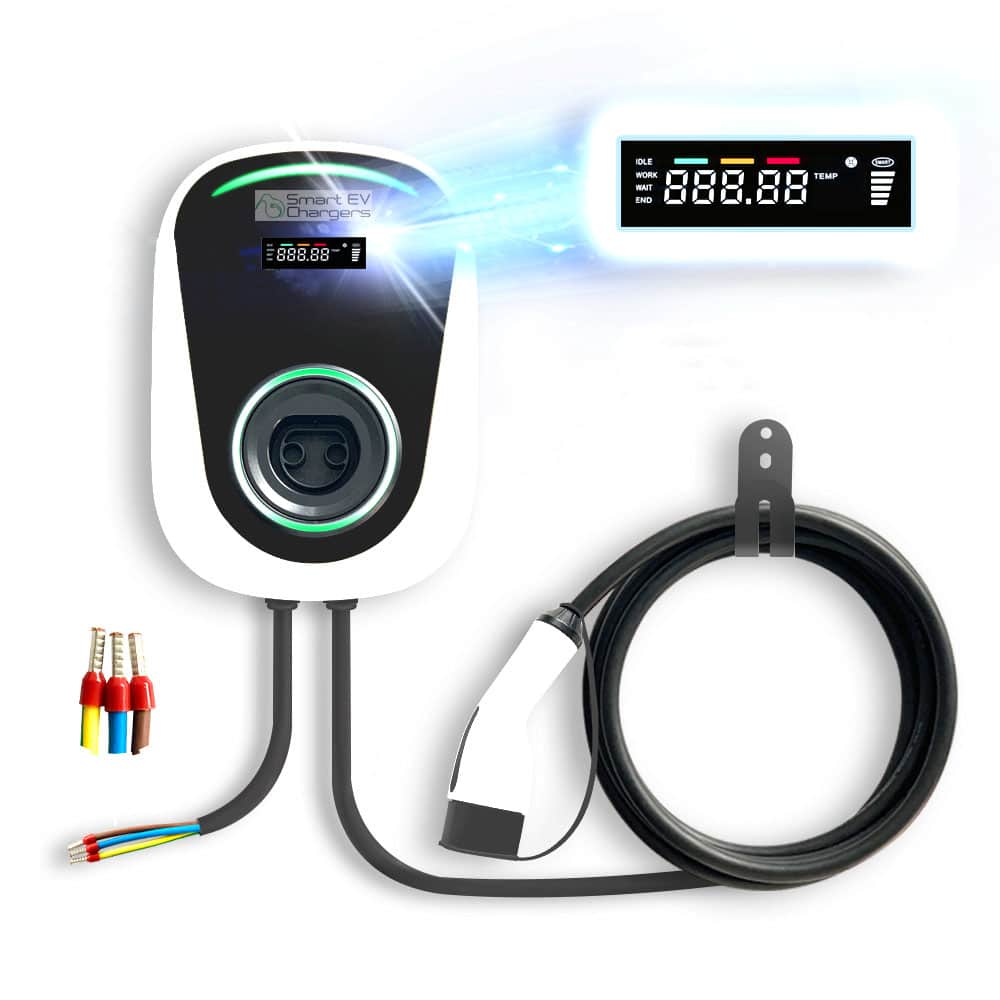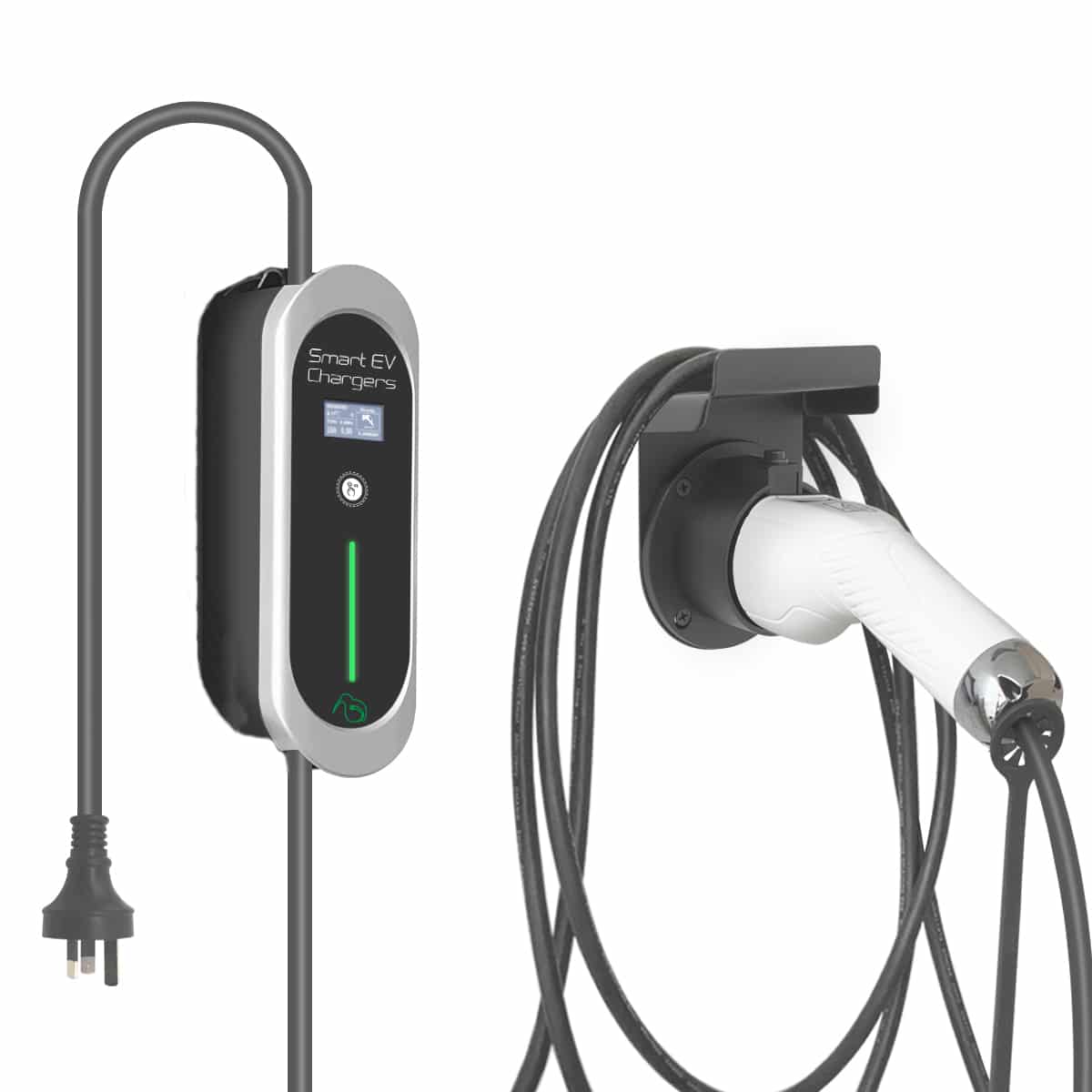Charging an EV at home
Can I charge an EV at home? This is a common question. The answer is yes, you can charge an EV at home and its much cheaper than buying petrol. Charging at home works out to be the same as paying $0.30 per L for petrol. This works out to be around $2.50 per 100km travelled.
Options for charging at home
- 8a Plug-in charger. This uses a standard New Zealand plug. It will put around 10km of range in to the battery for every hour its plugged in. So if you plug-in at 7pm and unplug at 7am to go to work you would have added 120km range over night.
- 16a charger. This uses a caravan type plug or CEE. It would need to be installed by a certified electrician. This option is twice as fast and will add around 240km of range for an over night charge.
- Wall chargers. These are the best option for home charging. They will be able to fully charge most electric vehicles over night by adding around 40km of range per hour or 480km range over night. Great if you need a top up in the weekend.
Select the correct home charger
Consider the following when selecting the correct home charger
Distance travelled each day
If you are travelling more than 100km per day to and from work then consider getting a 32a wall charger so you will have more than enough range for general use. For less than 100km per day a plug-in charger will do the trick.
Battery Size
Vehicles with a small battery such as a generation one Nissan Leaf will have no trouble charging to full overnight from a standard wall plug. However, for a newer EV that has a larger battery, such as a MG ZE or Tesla, these can take 2 days to fully charge from a standard socket. Wall chargers are a safer and faster option, rather than relying on a standard plug.
Smart Vs Non Smart
Most smart features are built in to modern electric vehicles, such as scheduled charging. This makes our 32A wall charger a cost-effective option.
If you are wanting smart features like WiFi and the ability to schedule charging from your phone, the Smart EV charger with DLB has this function.
Solar integration
If you have Solar and want to make use of the power instead of exporting to the grid. Then consider using the Smart EV charger with DLB
Tethered vs Socket
As a general rule of thumb NZ new EV’s use a type 2 socket. Japanese imports use type 1.
With a tethered charger you can’t easily switch between type 1 and type 2. If the charger has a socket, you can purchase a cable to swap between the two types.
Load Balancing
A typical house has a maximum rating of 63a, if you are charging at 32a then you have used half of your houses capacity. For most people this is no a problem. However if you have a Spa, multiple heat pumps and an electric oven running at the same time you could get up around the maximum load your home can handle.
With the load balancing chargers, these will drop the charge rate down to help prevent the main circuit breaker from tripping. Our wall chargers with DLB have this function. Socket version and the cable attached
Select a charger Type
Wall Chargers
Hard wired wall chargers for your house or Garage. Smart and non smart options available. With or with out Solar
ShopCompatible with all plug-in electric vehicles












Contact
Any questions? Get in touch
We are here to help. If you are unsure flick us an e-mail or give us a call



